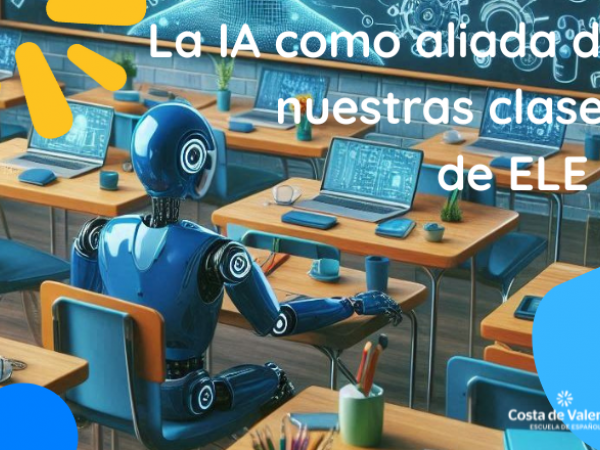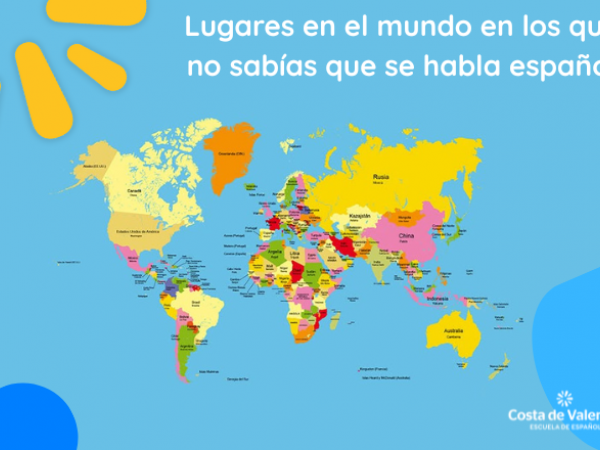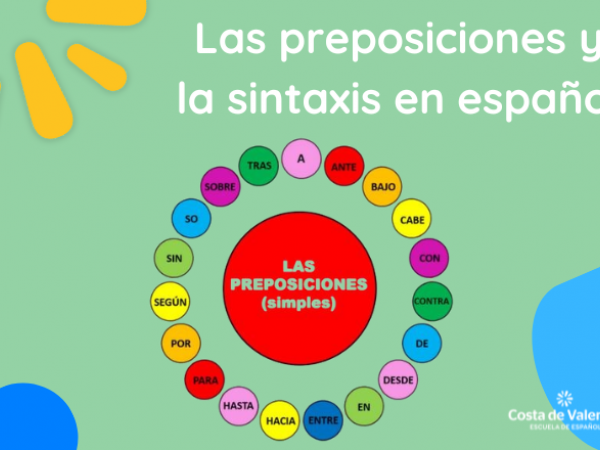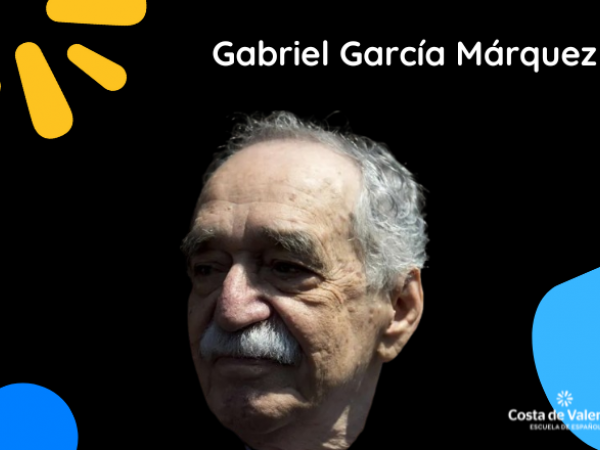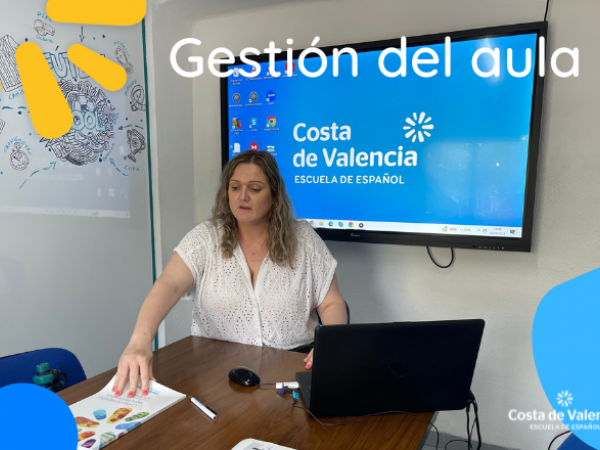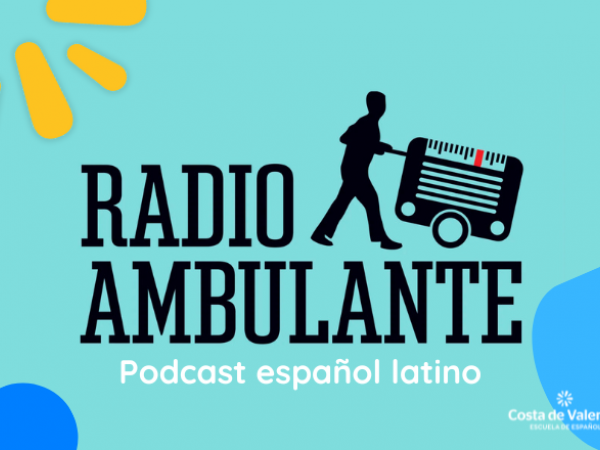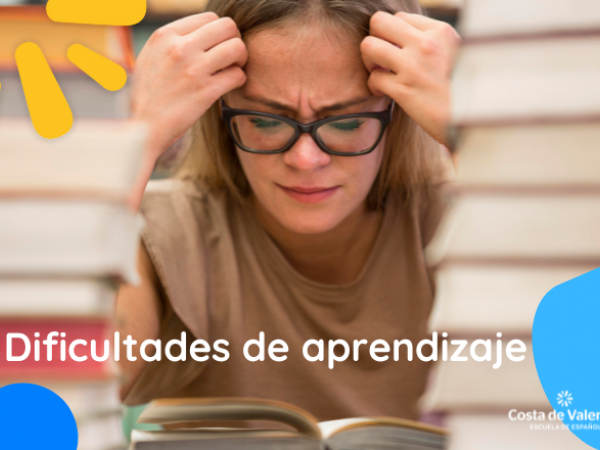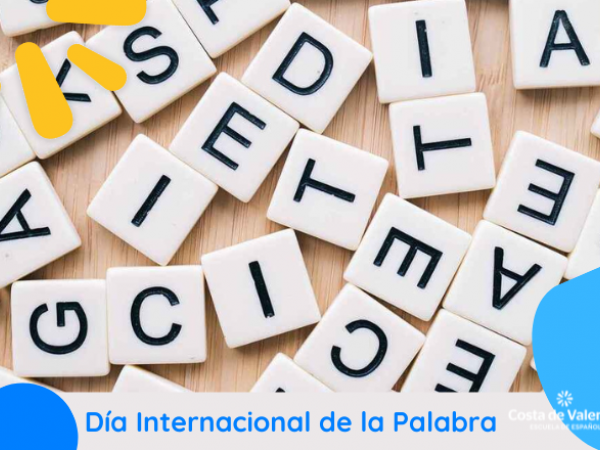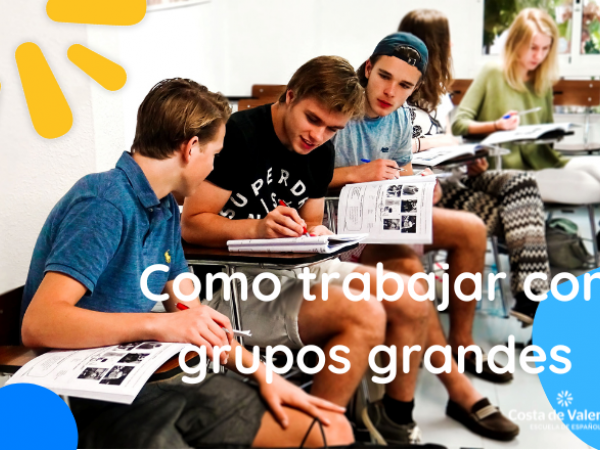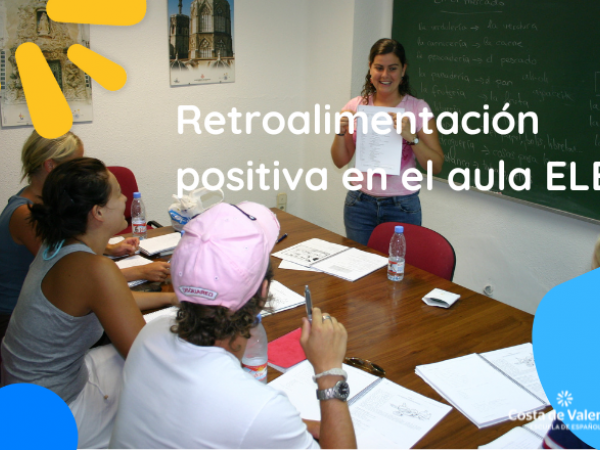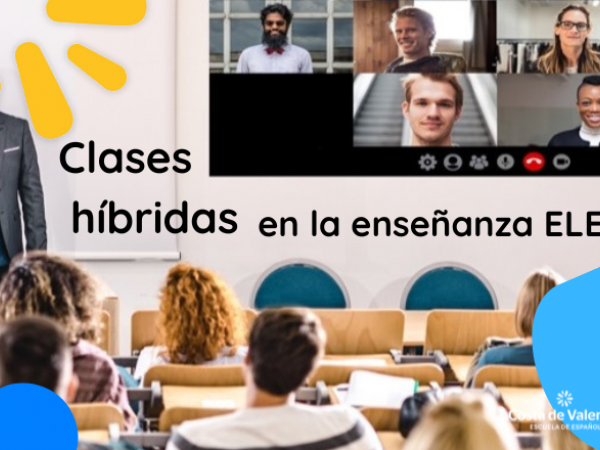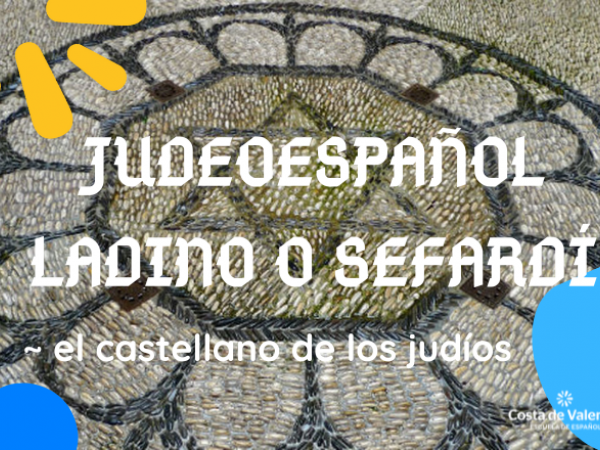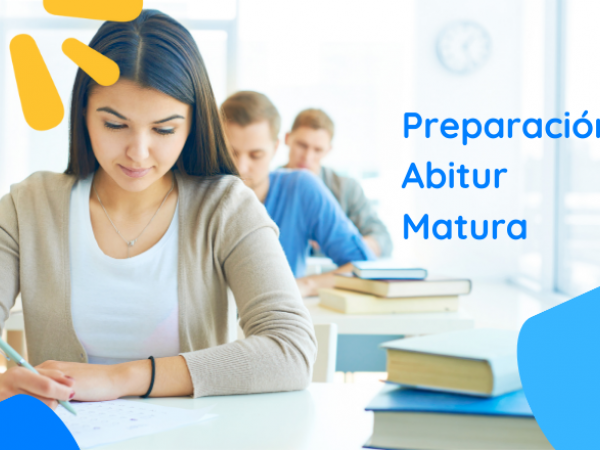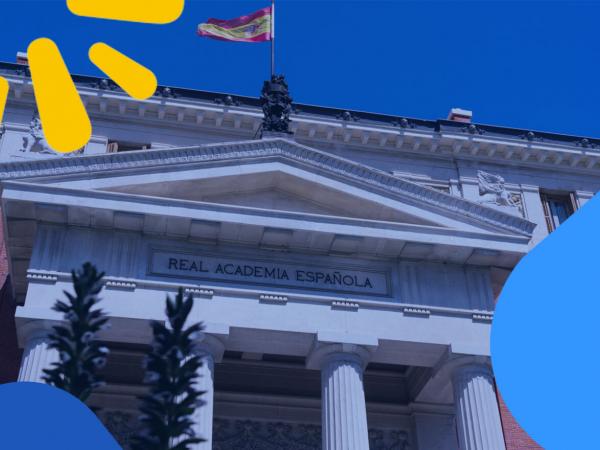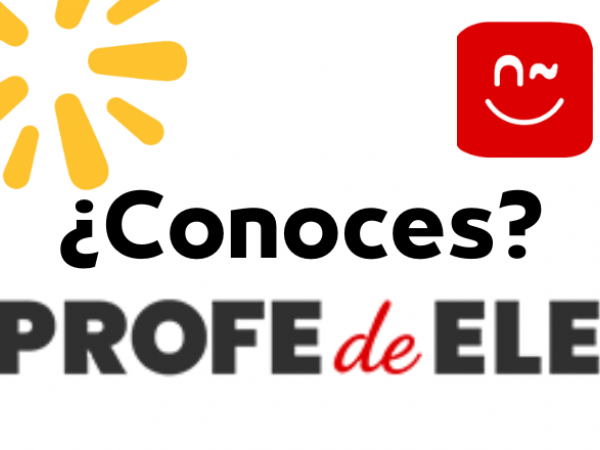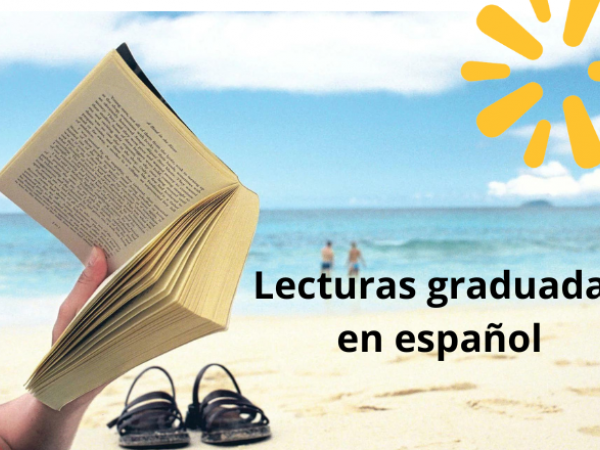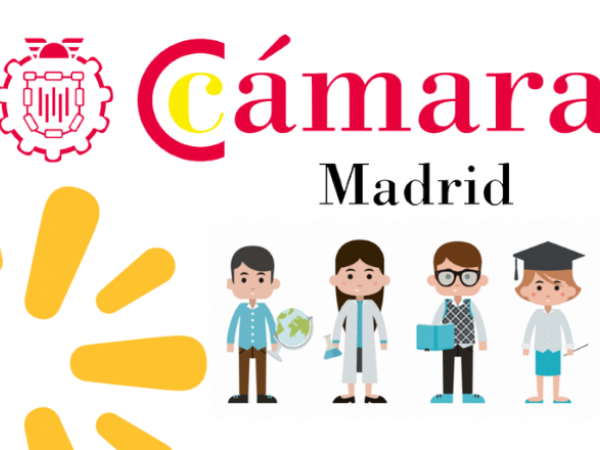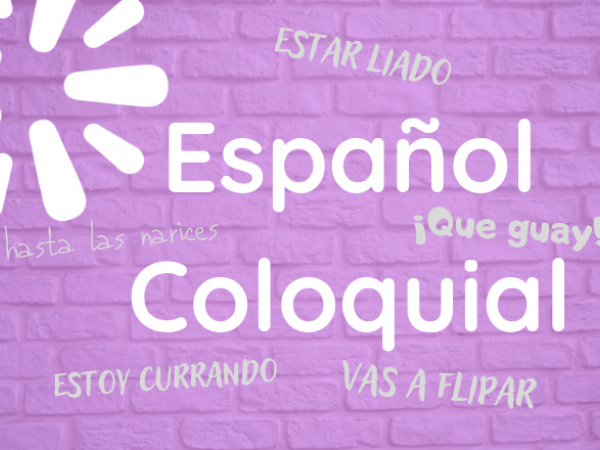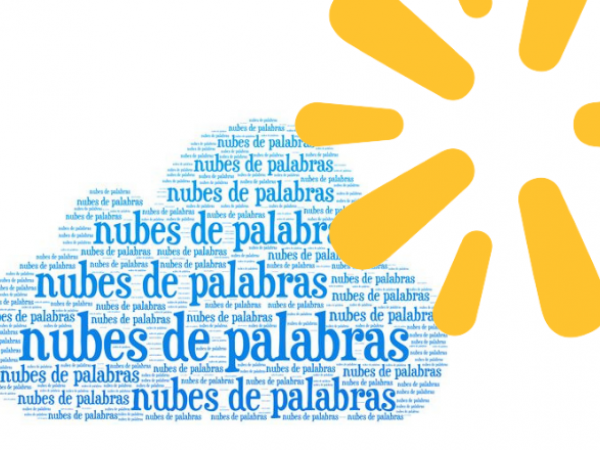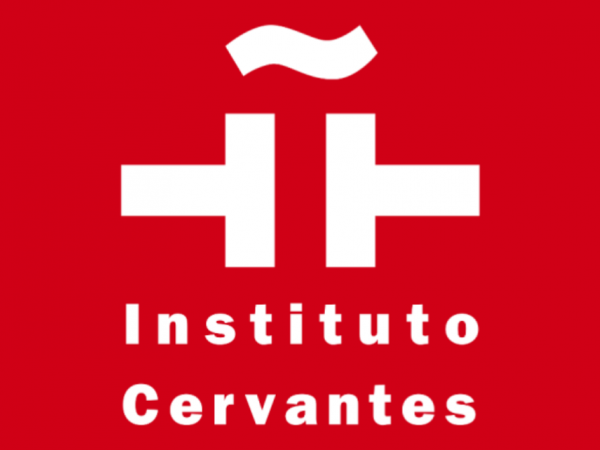Institutional Competences of E/LE teachers
Institutional Competences of E/LE teachers
Most of us are not self-employed and do not teach privately, but work in a school, university department, academy, etc., and therefore, like any worker, we have to develop a series of professional competences that help us to be an integrated part of the institution.
That is why today we would like to talk briefly about what we are going to call institutional competences, which form part of the well-known Key Competences of the ELE Teacher (Instituto Cervantes document that every teacher should know), as it is something that we do not seem to give enough importance to or often even directly ignore.
However, just as we say that teaching has to be taken outside the classroom, teachers have to break down their inner walls - always according to their own characteristics - and go beyond them, becoming true professionals in the broad sense of the term. In our opinion, the basic professional competences that a teacher should develop are the following:
- Ability for relations with the agents involved in the institution.
Obviously, when we work in an institution, we do not work alone, but in an environment where we find students, colleagues, a hierarchy with whom we also relate, etc.
As far as students are concerned, it is clear that any teacher should work on developing social skills in order to transmit knowledge in the best possible way and for students to gain more benefits.
As for the relationship with our colleagues, it is of the utmost importance that there is a good working atmosphere that allows us to transmit ideas and opinions in a free, critical and constructive way. We know that working in a team and in a cooperative way has its advantages, because we can learn from each other and teach new things. The relationship, then, is not only necessary for planning courses; it goes beyond that and allows us to pass on information about courses, experiences, establish synergies, etc.
This relationship, as well as necessarily occurring within the institution, can also be extended to other colleagues through groups or associations that exist in social networks.
It will also be necessary to establish a relationship with all the people who make up the institution, from the management to the administrative or cleaning staff. We will even have to relate to the socio-cultural environment in which our students live, in order, among other things, to know what courses we can offer or what activities outside the classroom we can design.
- Ability to contribute.
Or, in other words, to add something more to what already exists. We, as teachers, can contribute both material things (previously designed activities, collaborative work in other institutions, work dynamics, etc.) and immaterial things (experiences, ideas, comments...).
We can even accept a role as a trainer of trainers to accompany newer teachers, knowing what they need, what and how they like to learn?
Contributing is a very positive thing, because if it is well received and is good for the structure, we reinforce our personal and professional self-esteem and we feel more useful and fulfilled.
- Ability to get involved
Being part of other activities or missions outside of teaching, for example; helping in enrolment situations if required, advising the student which course might suit them best, being aware of the budget available to the institution and organising a course accordingly, attending events that we organise with the students, etc.
If we involve ourselves in different ways, the relationships we mentioned in the first point will bear fruit and grow, which in turn will favour the environment for us to contribute in a free and flowing manner.
- Ability to analyse
Perhaps this competence is the most important, as it implies the sum of all the previous ones. The teacher who analyses is the one who thinks critically about the institution.
Knowing the institution is essential in order to know how I have to act and what is the framework within which my action will be developed. For this, it would be necessary for any teacher to know at least three documents that any institution must have:
- - General programme
- - Educational project of the centre (it will give us the idea of what is expected of us, the teaching philosophy, what relationships are going to be established...).
- - Internal regulations (simple but necessary actions such as who I have to talk to in order to request a specific classroom or material, what to do when I am going to be absent, etc.) These are all those aspects that are not related to teaching but which are necessary for the school to continue to function.
The analysing teacher will be able to read, embrace and extract the essentials from these documents in order to know how to effectively develop his or her work within his or her institution.
In order to develop all these competences, it is obvious that the will of the teaching staff themselves will be fundamental, who must begin to assume that working in an institution implies focusing on more aspects than just the classroom, assessment or correcting homework. However, it will also be essential for the academic management to facilitate the development of these competences, creating a good organisational and working climate where teachers feel free and motivated to share and analyse, making everyone feel part of a project where they all add up; because in this way the benefits of these working dynamics will end up having an impact on the real protagonists: the students.



